
If you like seafood and eat at chain restaurants, there’s a good chance that you’ve been to a Red Lobster at least once in your life. You might even take your man to Red Lobster on special occasions, but only if you have hot sauce in your bag. Eating cheddar bay biscuits and choosing your dinner from a fish tank are commonly-shared experiences across the United States. But the restaurant industry has faced a number of challenges since the pandemic that make it more difficult for businesses, including household names, to stay open. When businesses struggle with their finances, they oftentimes turn to bankruptcy. Businesses can declare chapter 7 bankruptcy, which compels a business to close, or chapter 11 bankruptcy, which allows a business to close or stay running. Red Lobster is the latest company to contemplate bankruptcy as a means to address debt and guard assets from creditors.
Restaurants that focus on a dine-in experience were the hardest hit by the pandemic- most people don’t think of running to Red Lobster when they want a quick takeout dinner for their family. Although pandemic quarantine measures were eventually lifted, these restaurants continue to feel the effects to this day. Inflation has increased the price of ingredients, which translates to higher prices on the menu, which results in fewer people going out to dinner at seafood restaurants. Paying for labor has been another issue for Red Lobster. As the cost of living skyrockets out of control, restaurant employees need higher pay just to survive. Many states are increasing the minimum wage, which undoubtedly impacts staffing costs at restaurants like Red Lobster.
Red Lobster has tried to navigate post-pandemic difficulties with a variety of methods and leaders. One former president, Edna Morris, was released from her position after introducing all-you-can-eat crab meals for $22.99, which ended up costing Red Lobster millions of dollars. The current owner of Red Lobster, Thai Union Group, attempted a similar marketing strategy by offering all-you-can-eat shrimp meals for $20. While also unsuccessful, this meal is still being served but at $25 per customer. Red Lobster’s CEO, Horace Dawson, is retiring, leading the restaurant to replace him with Jonathan Tibus, who is the managing director of a management consultant firm. Tibus is known for assisting other restaurants like Kona Grill and Krystal with chapter 11 bankruptcy filings.
Bringing on an expert in chapter 11 bankruptcy has done nothing to stop the rumors of Red Lobster’s imminent filing. Thai Union Group announced its intentions to sell the Red Lobster brand due to negative financial contributions to its portfolio. It expects the sale to be a loss and has taken a $527 million writedown. So what does this mean for the future of Red Lobster? The chain, which was started in 1968, currently has more than 800 locations nationwide. It has 14 locations just in Arizona, with restaurants in Chandler, East Mesa, Flagstaff, Gilbert, Goodyear, Mesa, Oro Valley, Peoria, Phoenix, Prescott, Scottsdale, Surprise, Tucson, and Yuma. This translates to hundreds of jobs that could be at risk if the bankruptcy filing leads to a shutdown.
How Red Lobster’s Potential Bankruptcy Would Differ From The Average Filing
A typical consumer’s bankruptcy case will look much different from a large corporation’s like Red Lobster. Most people will have nowhere near as much debt as a restaurant chain with 800 locations that has been struggling for four years since a pandemic. Most people also don’t have as many assets. While an individual could file for chapter 11 bankruptcy as is expected of Red Lobster, a typical person’s needs are usually best suited by chapter 7 or chapter 13.
The standout feature of chapter 11 bankruptcy is that creditors are highly involved, forming a committee that will vote on issues relevant to the case. Small businesses can use special types of chapter 11 filings to bypass this requirement, but the debtor must be a business and fall under certain debt limits. Using a small business or subchapter V filing can speed up the chapter 11 bankruptcy process as well as bring down the cost. But even with a simplified filing, chapter 7 and chapter 13 can be much simpler. For most of these cases, the only interaction the debtor will have with their creditors is at their 341 hearing. This hearing, also known as the 341 Meeting of Creditors, also serves to verify the debtor’s identity and information provided in the petition. Debtors in chapter 7 and chapter 13 cases will need to complete one credit counseling course before filing and a second course within 60 days of the 341 hearing. The rest of the debtor’s responsibilities will depend on which chapter they file.
There are several reasons that chapter 7 is the most popular form of consumer bankruptcy. It is relatively inexpensive to file and fast to discharge- a typical case will last 3 to 6 months. All of the debtor’s unsecured nonpriority debts will be discharged by a successful chapter 7. Chapter 7 is simpler and less expensive to file than other types of bankruptcy. A debtor can also retain any assets that are protected by bankruptcy exemptions, such as their 401(k) or any equity in their home within the homestead exemption. However, unprotected assets could be at risk of being sold at bankruptcy auction, and the debtor must also show that they qualify based on income. If you want to see if you qualify for chapter 7 bankruptcy in the state of Arizona, call for your free consultation at 602-509-0955.
Chapter 13 bankruptcy is sometimes a backup option for those who don’t qualify for chapter 7, and sometimes the first choice because of its unique benefits. Chapter 13 is a payment plan that lasts 3 or 5 years, based on the debtor’s income level. This can help a debtor save a home from foreclosure or pay off a car to save it from repossession. It also offers options that aren’t available in chapter 7, such as discharging secondary mortgages on a home with a loan balance higher than its market value. To determine what your Arizona chapter 13 payment plan would look like, call 602-509-0955 for your free consultation with our firm.
Let Our Experienced Professionals Guide You Through Your Bankruptcy Options
Chapter 11 may be on the table for Red Lobster, but it isn’t the best option for everybody. But chapter 7 and chapter 13 bankruptcy each have their own restrictions and qualifications. Determining if you are eligible under Arizona law can be complicated without the proper legal experience. Our lawyers offer free consultations so you can figure out if bankruptcy would be an effective option for you, and which chapter you should file. If you are seeking high-quality bankruptcy representation in Phoenix or Tucson, we will provide you with a competitive quote for our services. Most of our clients qualify for our post-filing payment plan options starting as low as Phoenix Bankruptcy Lawyers. Don’t leave any aspect of your filing up to chance. Our skilled bankruptcy team will help make the process faster and easier. To get started today with your free consultation, contact us or call 602-509-0955.
Phoenix Bankruptcy Lawyers
668 N. 44th St. Set 320
Phoenix, Arizona 85008
Phone: (602) 509-0955
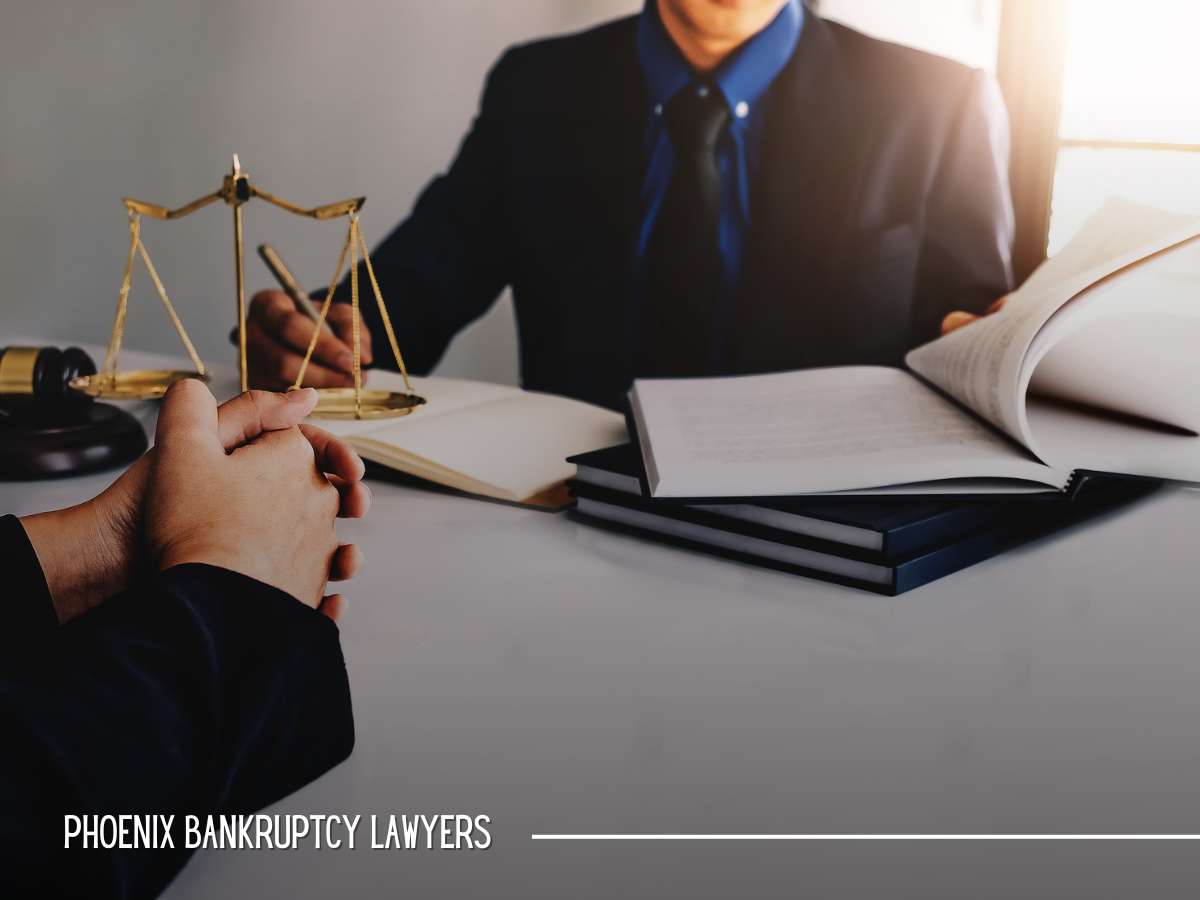
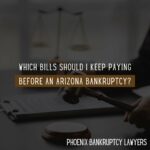
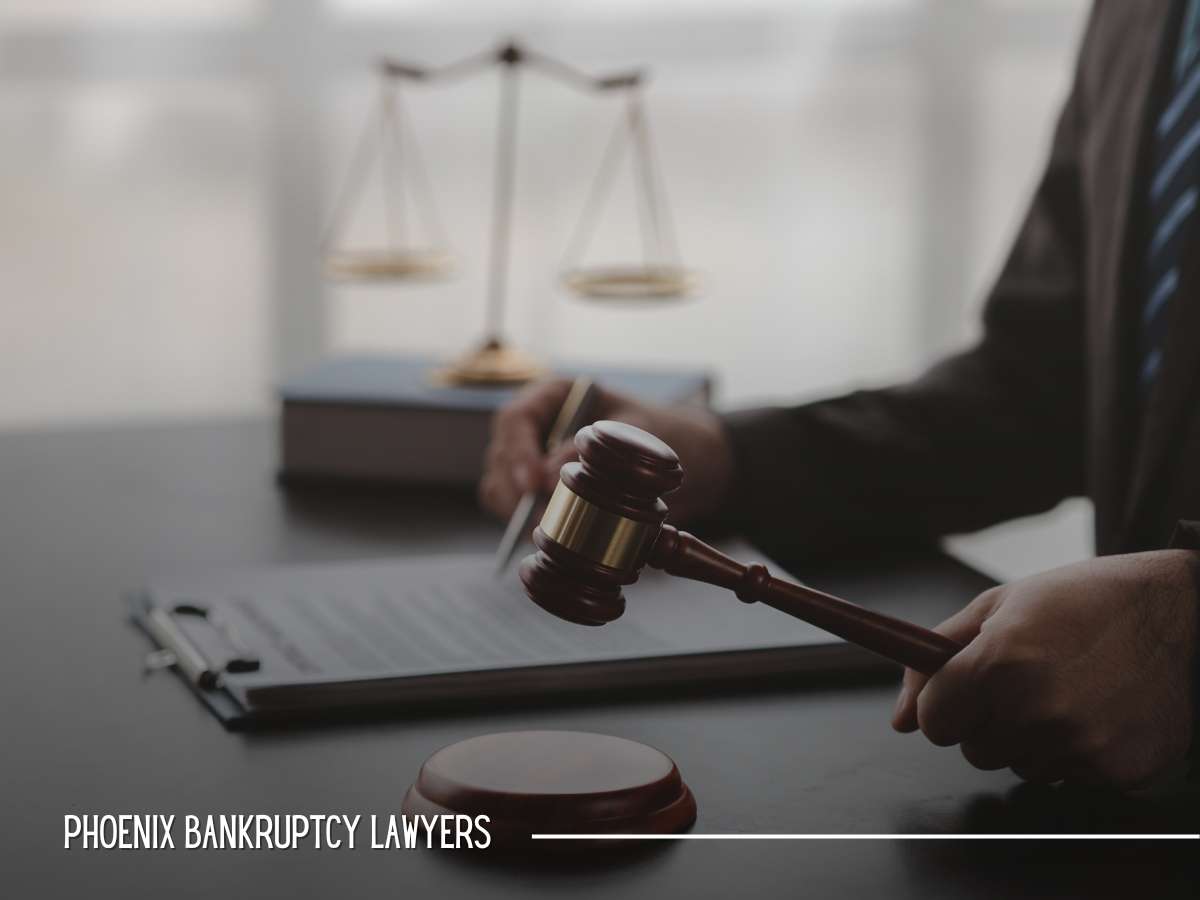

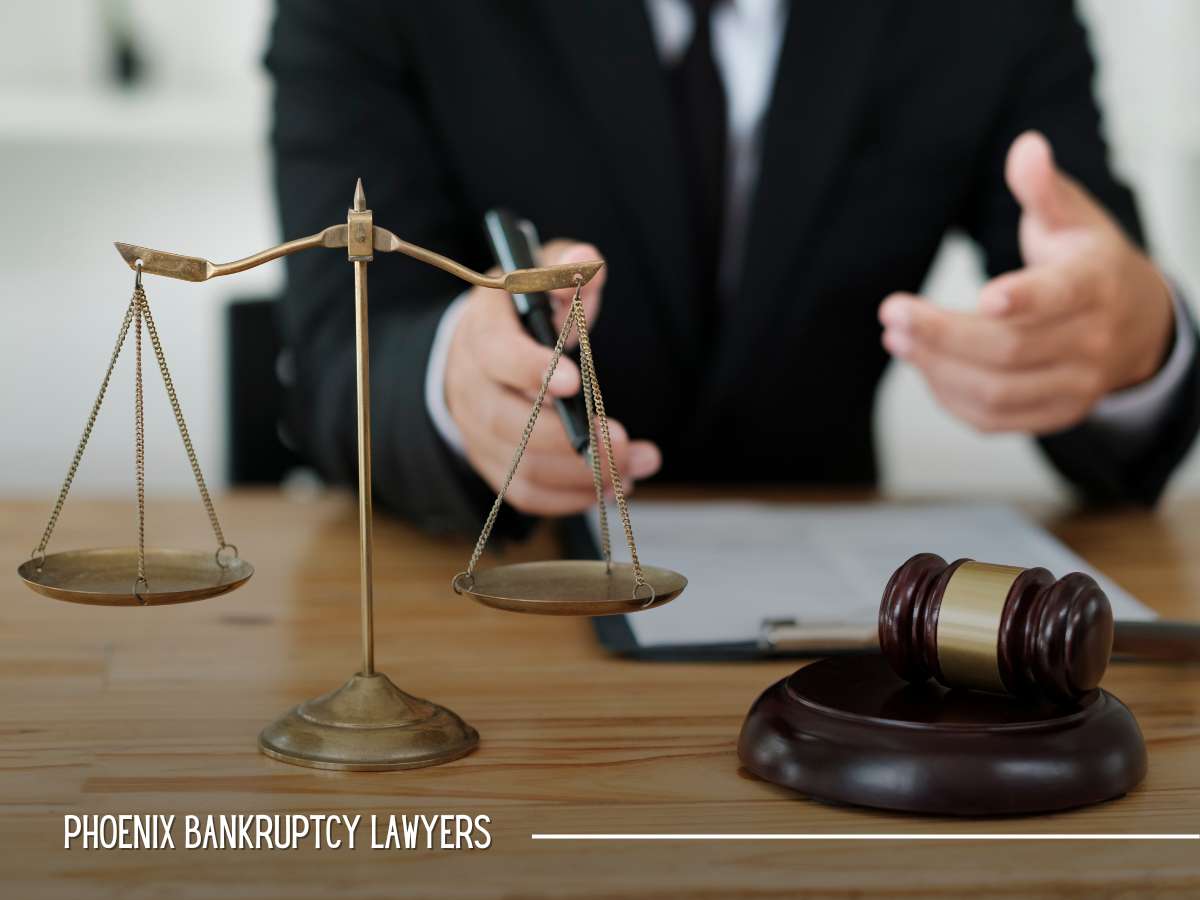
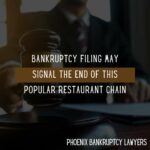
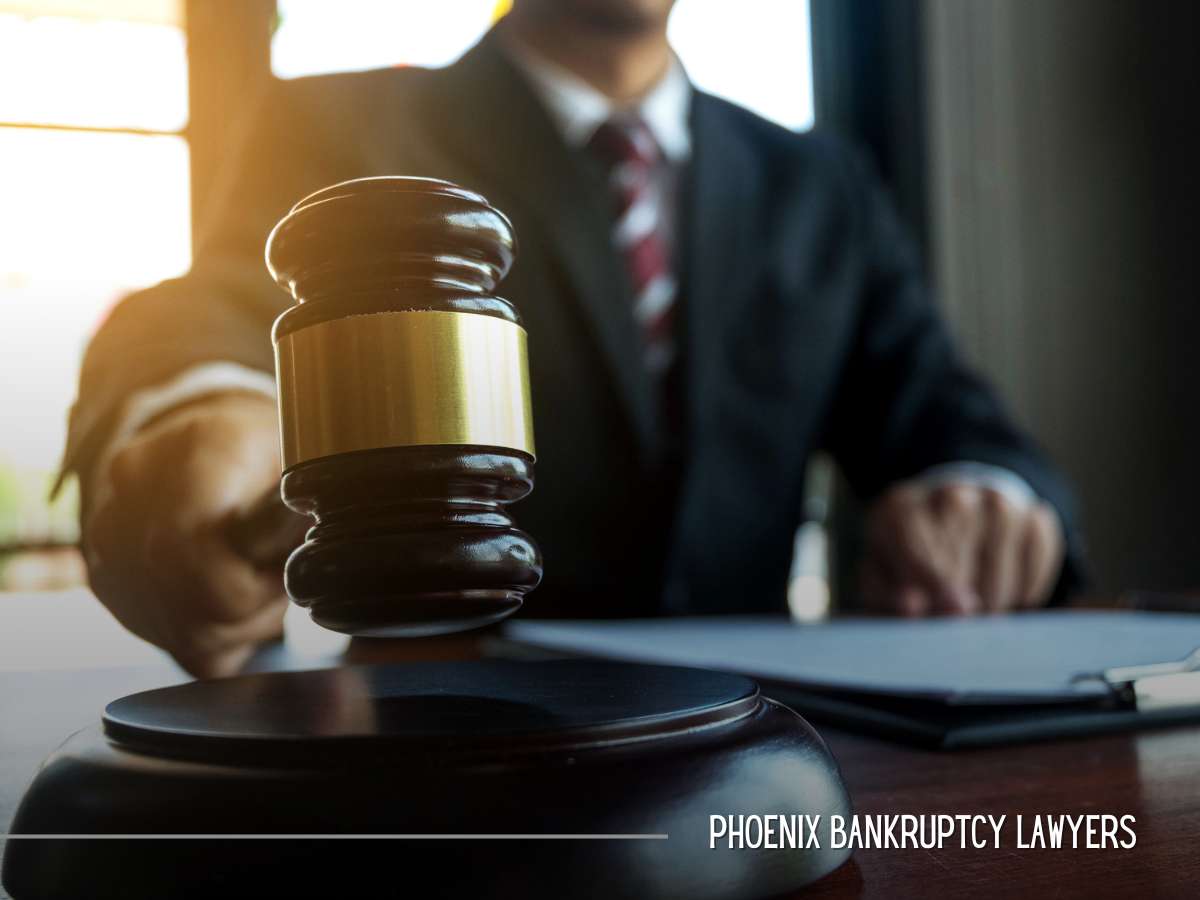
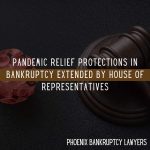
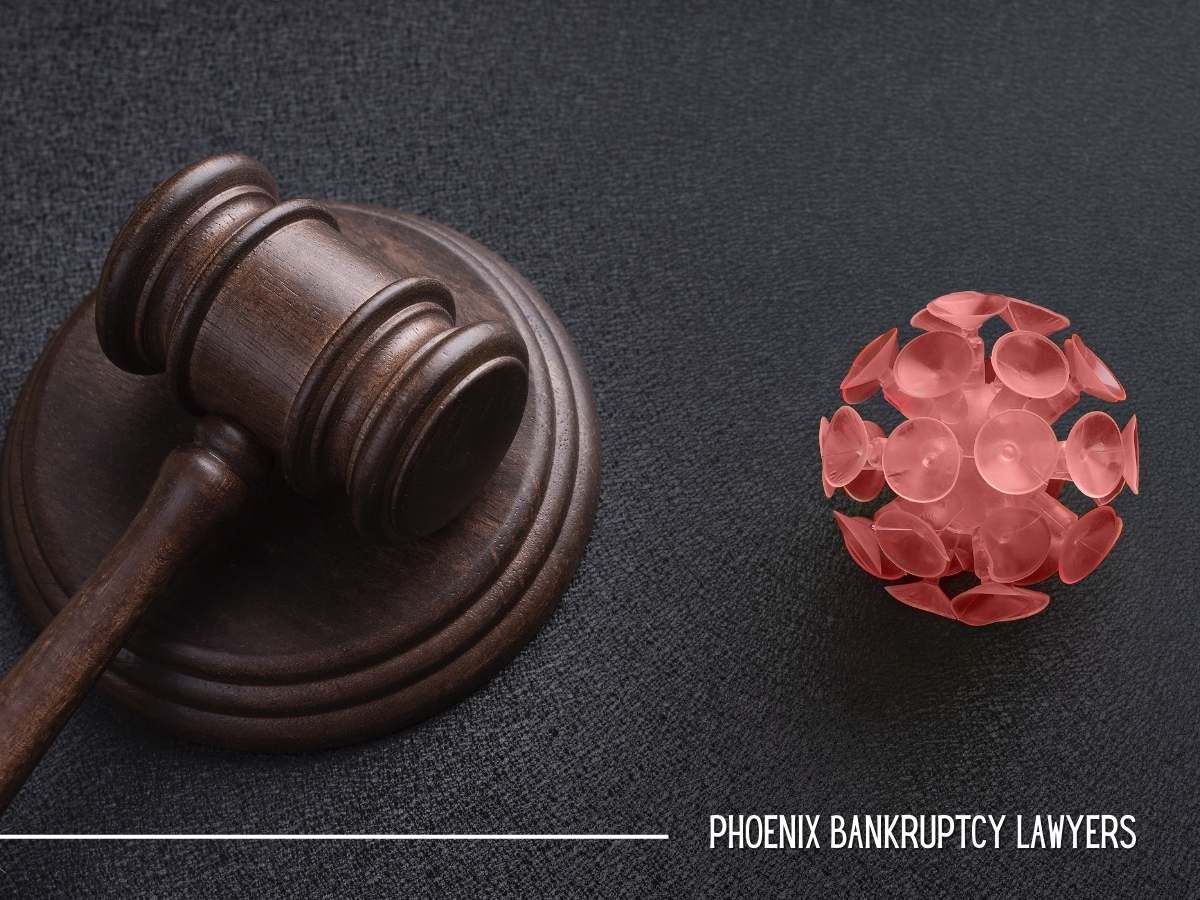
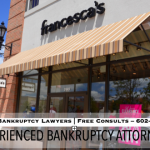
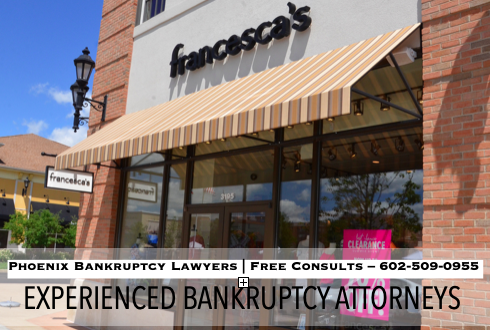
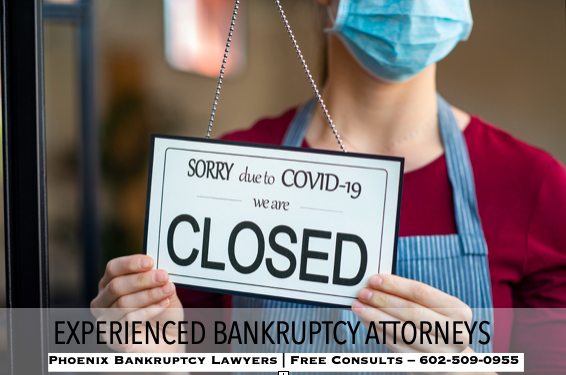
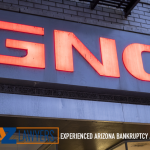
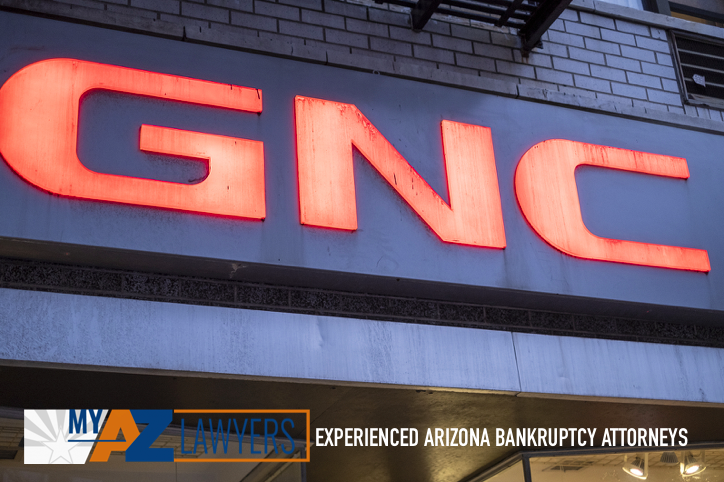 As the coronavirus pandemic continues to wreak havoc on the global economy, more and more companies are filing for bankruptcy. This year has already seen retail giants like Neiman Marcus, JC Penney, J Crew, and True Religion file for Chapter 11 Bankruptcy. Huge fitness companies like Gold’s Gym and 24 Hour Fitness have also filed for bankruptcy protection amid the Coronavirus Pandemic. The latest big chain to file for Chapter 11 bankruptcy protection is GNC. The retail chain, which specializes in vitamins and dietary supplements, filed its bankruptcy petition June 23, 2020.
As the coronavirus pandemic continues to wreak havoc on the global economy, more and more companies are filing for bankruptcy. This year has already seen retail giants like Neiman Marcus, JC Penney, J Crew, and True Religion file for Chapter 11 Bankruptcy. Huge fitness companies like Gold’s Gym and 24 Hour Fitness have also filed for bankruptcy protection amid the Coronavirus Pandemic. The latest big chain to file for Chapter 11 bankruptcy protection is GNC. The retail chain, which specializes in vitamins and dietary supplements, filed its bankruptcy petition June 23, 2020. 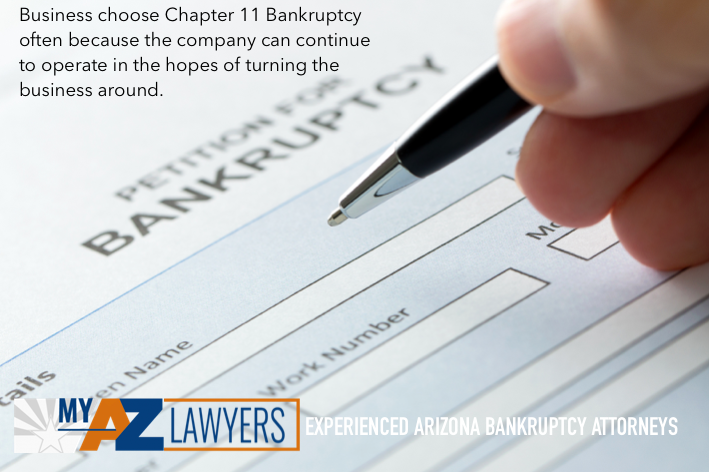 GNC intends to remain open during and after the
GNC intends to remain open during and after the 
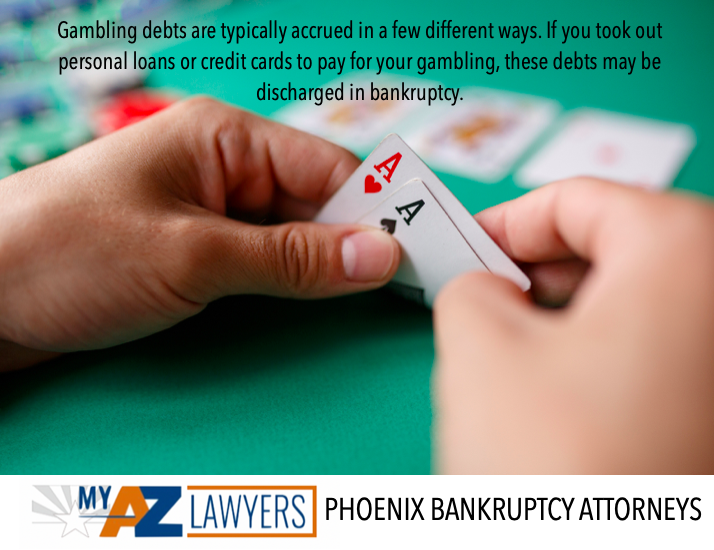 Most individual bankruptcies are filed under either Chapter 7 or Chapter 13. Chapter 7 bankruptcy has strict income limits and the filer will have to surrender any assets with more equity than that state’s exemptions. Most unsecured non-priority debts will be discharged in Chapter 7. Credit cards, medical bills, repossession deficiencies, and more will be liquidated without any repayment. However, there is a caveat: debts that were fraudulently incurred can’t be discharged in Chapter 7.
Most individual bankruptcies are filed under either Chapter 7 or Chapter 13. Chapter 7 bankruptcy has strict income limits and the filer will have to surrender any assets with more equity than that state’s exemptions. Most unsecured non-priority debts will be discharged in Chapter 7. Credit cards, medical bills, repossession deficiencies, and more will be liquidated without any repayment. However, there is a caveat: debts that were fraudulently incurred can’t be discharged in Chapter 7.  Gambling debts are typically accrued in a few different ways. If you took out personal loans or credit cards to pay for your gambling, these debts may be discharged in bankruptcy. They will be wiped clean in Chapter 7 bankruptcy, and are lower priority debts that may only be partially paid before discharge through Chapter 13 bankruptcy.
Gambling debts are typically accrued in a few different ways. If you took out personal loans or credit cards to pay for your gambling, these debts may be discharged in bankruptcy. They will be wiped clean in Chapter 7 bankruptcy, and are lower priority debts that may only be partially paid before discharge through Chapter 13 bankruptcy. 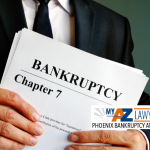
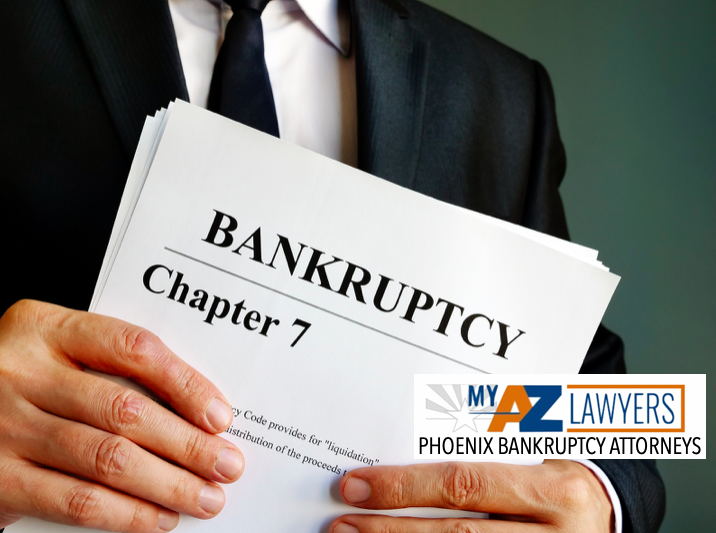 Chapter seven bankruptcy is probably the most frequent kind of bankruptcy filed in the United States. Nevertheless, not everybody is permitted to obtain their debts discharged under Chapter seven of the U.S. Bankruptcy Code, so the following are a few simple demands for a situation. To understand whether you qualify for this particular case type, talk with a
Chapter seven bankruptcy is probably the most frequent kind of bankruptcy filed in the United States. Nevertheless, not everybody is permitted to obtain their debts discharged under Chapter seven of the U.S. Bankruptcy Code, so the following are a few simple demands for a situation. To understand whether you qualify for this particular case type, talk with a  Talk with a Chapter seven
Talk with a Chapter seven 



